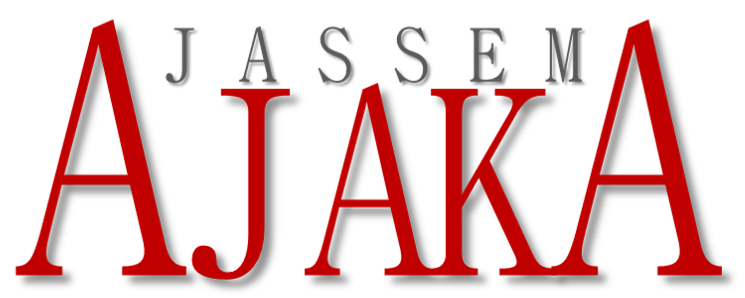jassemajaka@gmail.com
Lebanon plans first budget since 2005
Abdel-Rahman Ayas
Lebanon’s cabinet unanimously decided that it was “necessary” to draft a state budget for the first time since 2005 but the fiscal plan may face delays as long-standing political divisions remain as hard to tackle as ever. The Council of Ministers’ meeting discussed a report on the country’s deteriorating fiscal situation presented by Finance Minister Ali Hassan Khalil. The country is burdened by $71 billion in public debt and an annual $4 billion budget deficit. Its gross domestic product is estimated at $44.35 billion and its annual growth at 1-1.5% in recent years. “The ministers agreed unanimously that something should be done but they kept this… something for further discussions,” a cabinet source said. “Khalil’s report is definitely worrying and all ministers seemed truly worried. “However, we all know that budgets were prepared almost every year since 2005 but were never passed due to conditions imposed by conflicting political parties.” In his 41-page report, Khalil warned of the repercussions of the worsening political crisis — namely the presidential vacuum — on the financial situation and the risks posed by random spending in the absence of a state budget. Uncontrolled spending, which has drawn warnings from the World Bank, the International Monetary Fund and others, wastes public funds and threatens disruptions in vital spending, the minister wrote. Among other things, Khalil proposed imposing taxes to increase revenues and avoid further deterioration of the struggling economy. He backed proposals to increase salaries of public sector employees and insisted that the budget should be finalised according to the constitution — by the cabinet by September and by parliament by December. A source close to him said he would pressure the cabinet to issue the budget in a special decree if parliament takes too much time to approve it. An early sign to the thorniness of the matter came immediately after a July 12th cabinet meeting. Khalil has been locked in a war of words with former prime minister Fouad Siniora over alleged corruption and bribery at the Finance Ministry as well as mismanagement of public funds. The Future Movement’s parliamentary bloc, led by Siniora, criticised the Finance Ministry for failing to control spending and curb corruption and bribery. The bloc’s statement drew a quick response from Khalil, a member of Speaker Nabih Berri’s bloc, who rejected accusations of corruption and bribery at his ministry. A key hurdle to passing state budgets since 2005 has been calls by critics of Siniora for a review of government expenditures since 1992. The critics, led by the Reform and Change bloc of Christian leader Michel Aoun, say Siniora was responsible for illegal spending, leading to mushrooming public debt. “Since it reached parliament in 2005, the bloc hurdled the approval of budgets by imposing a precondition: auditing former budgets,” the source said. However, the bloc’s leading party, the Free Patriotic Movement, hinted that compromise was possible. “Some of Minister Khalil’s proposals are feasible and can be subject to political consensus,” said Foreign Minister Gebran Bassil, president of the movement and son-in-law of Aoun, its founder and honorary leader. The Future Movement welcomed the cabinet’s July 18th decision and urged for the election of a president by parliament and a revitalisation of all constitutional institutions. Lebanon has been without a president since May 2014 as political bickering has prevented parliament from reaching the necessary quorum. The parliament has twice extended its tenure into a full 4-year term, expiring in 2017. The legislature is not meeting except randomly as many political parties stick to a constitutional article giving priority to the election of a president. Economist Jassem Ajaka urged for a reformative budget. “It is difficult to talk about temporary remedies. The fiscal situation has crossed the red line,” he said. “The absence of budgets is responsible for many fiscal and financial ills, mainly the hike of public debts from $38 billion in 2005 to $71 billion now.”. If the request for auditing state finances between 1992 and 2005 was dropped or a compromise reached, another hurdle on the budget looms. Some ministers want Lebanon’s contribution to an international court looking into Rafik Hariri’s 2005 assassination included in the budget, another cabinet source said. The court is trying five leading Hezbollah members in absentia for planning and perpetrating the attack killing Hariri and 21 others. Hezbollah ministers and lawmakers have hurdled Lebanon’s settlement of its annual fees to the cabinet, forcing prime ministers to make the payment from a special fund under their disposal. “It is unclear if the call for including the payment in the budget is serious or just a manoeuvre to make callers for auditing government accounts since 1992 drop their call. Let us wait and see if a budget does get through,” the second source said.



